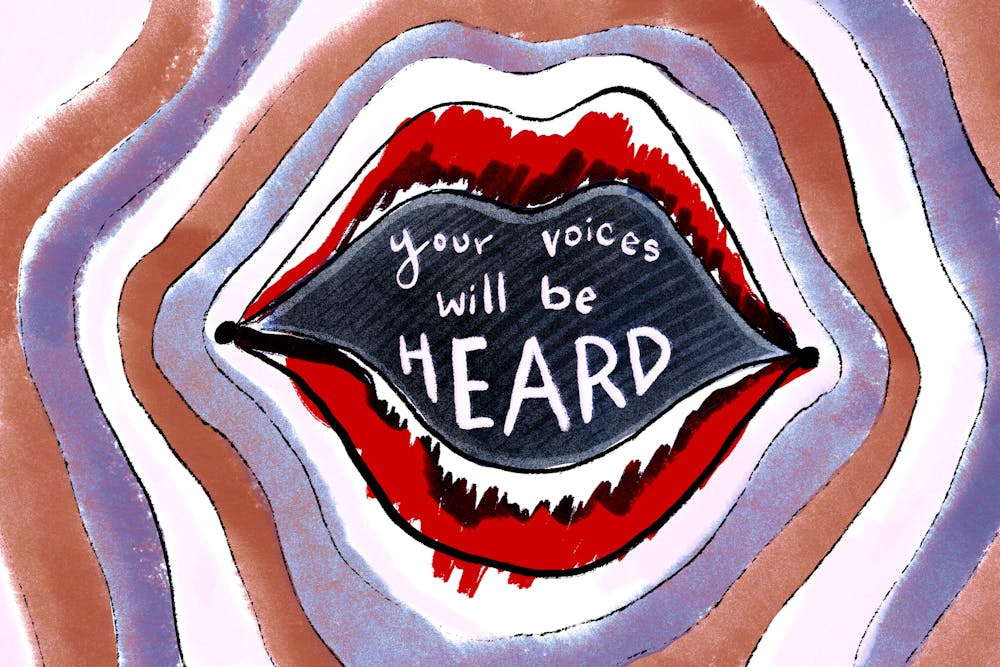The outcome of a presidential election can leave students feeling uncertain and anxious. It may feel like a defining moment, but it’s crucial for students to remember that promoting and fighting for the values they believe in continues, regardless of the results.
USC students are a part of the next generation of leaders, thinkers and change-makers, therefore, it’s up to them to advocate for the values and causes they believe in.
As a student, it can be easy to feel powerless in the wake of political outcomes, especially when they don't align with one's personal values. However, during critical political moments such as election season, the voices of young people are important.

The election may determine who holds office, but it is voters' voices, actions and collective power that shape the direction of society. As upcoming leaders and voters, students should push for change, hold leaders accountable and advocate for issues they care about.
It is important for students to stay positive and focused on what they can control. The outcome of the election is just one moment in a much larger, ongoing process. Students should take the unique opportunity to continue advocating for the causes they care about. They can do so with access to resources the University has to offer.
The University has a number of resources students can use to begin their journey in civic engagement. Carolina Conversations is an outlet that students can use to practice political conversations with their peers. This can be a great opportunity for students to put themselves out there and learn new things from their peers.
Two other outlets for students to get involved through the University are the College Democrats and the College Republicans. These organizations are great spaces for students to learn about the political world alongside their peers.
Taking advantage of these opportunities at USC is so important because without proper civil engagement, students are not likely to promote any political change.
One of the most powerful things about our democracy is the ability for ordinary people to come together and advocate for change. Throughout history, there have been countless examples of how collective action can shape the course of society. Individuals such as Harvey Milk, Greta Thunburg and Rosa Parks have proved that regular people can create meaningful change in the United States.
While not everyone needs to be an activist, it's still important for students to stand up for what they believe in. When they speak out alongside others, their voices becomes stronger, amplifying the call for justice, fairness and opportunity, regardless of who holds office.
The extreme positive and negative emotions students are feeling after the election are intense, particularly for those whose beliefs weren’t reflected in the outcome. For them, it can feel like a personal challenge to their values and the future they hope to see.
USC's campus can be a place where students support each other and talk about their feelings in a productive way through positive political discourse. Even after the election, it's important to remember that change doesn't happen overnight, it requires continuous effort and participation.
Democracy is about participation, dialogue and the active engagement of all citizens, not stopping at the ballot box. Students voices, actions and values still matter every single day. For students to move forward, they need to maintain a positive mindset to make any change happen. When students stay hopeful and focused, they may be more likely to channel their energy into meaningful efforts, rather than feeling defeated or passive.
So no matter how you feel about the election results, stay positive and fight for what you believe in.

